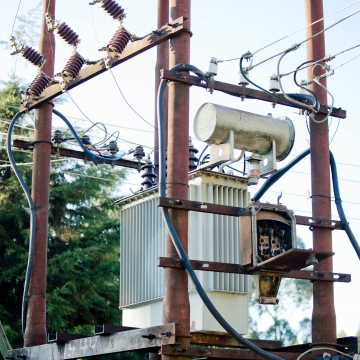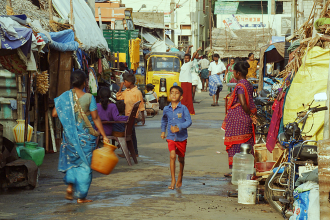Climate change aggravates consumption inequality
High temperatures have unequal impacts on household consumption across India and thus widen socio-economic inequality. To fight this, the country’s climate response must promote mindful consumption among the affluent and equip vulnerable communities with effective tools for survival.

